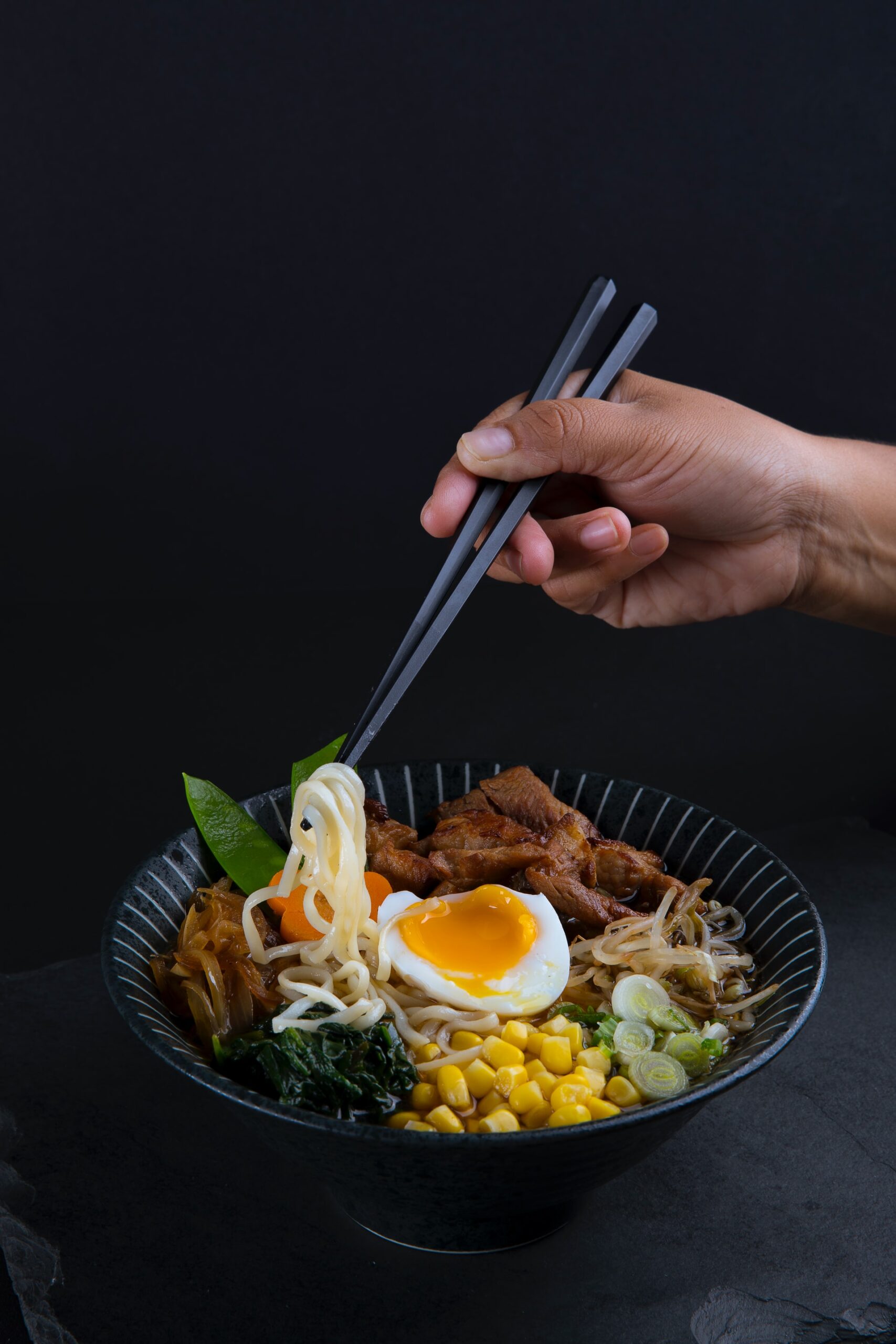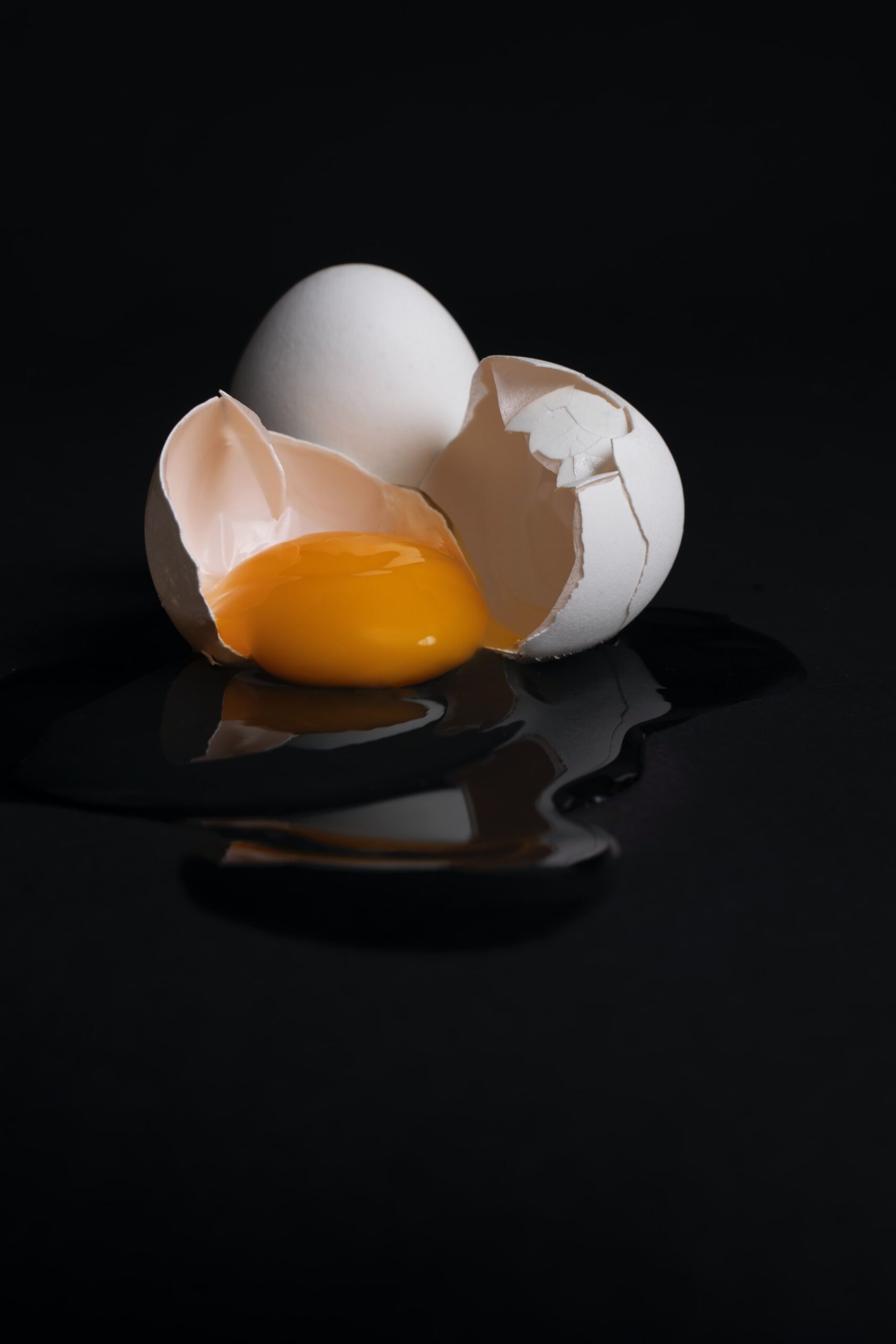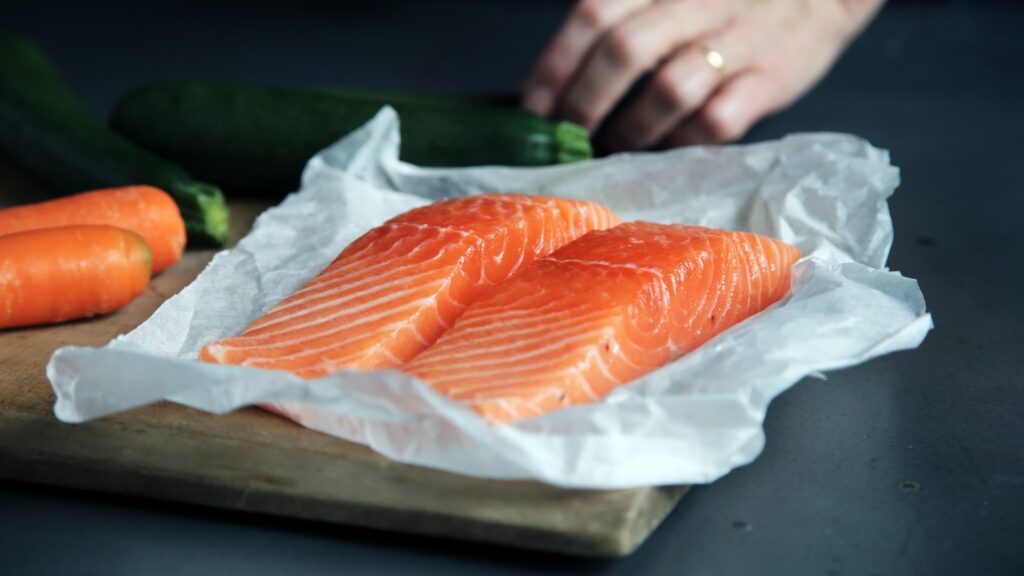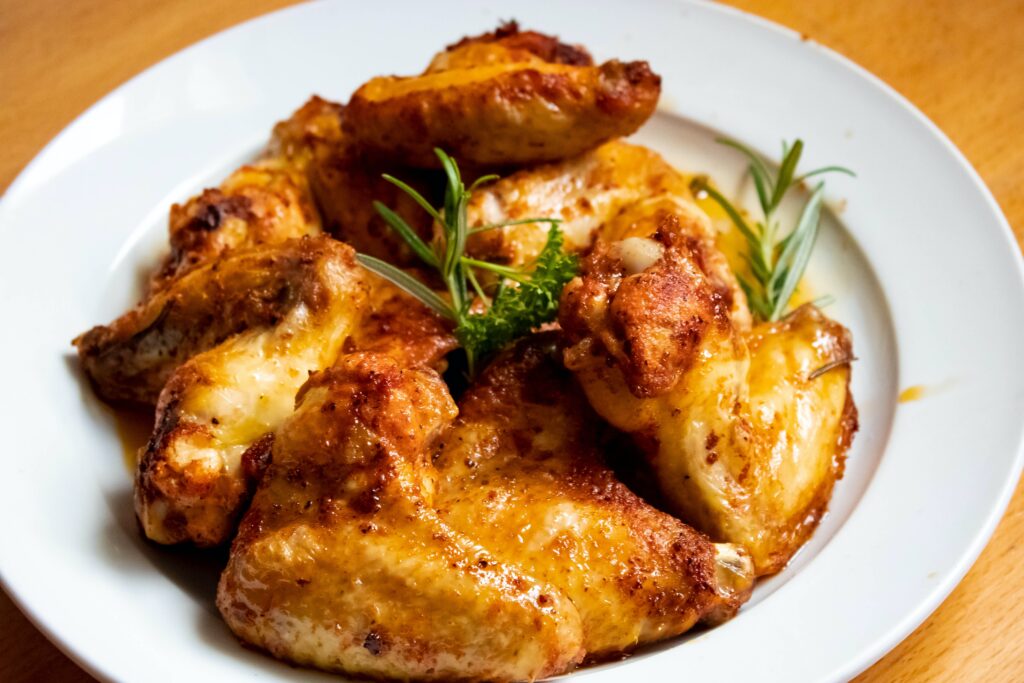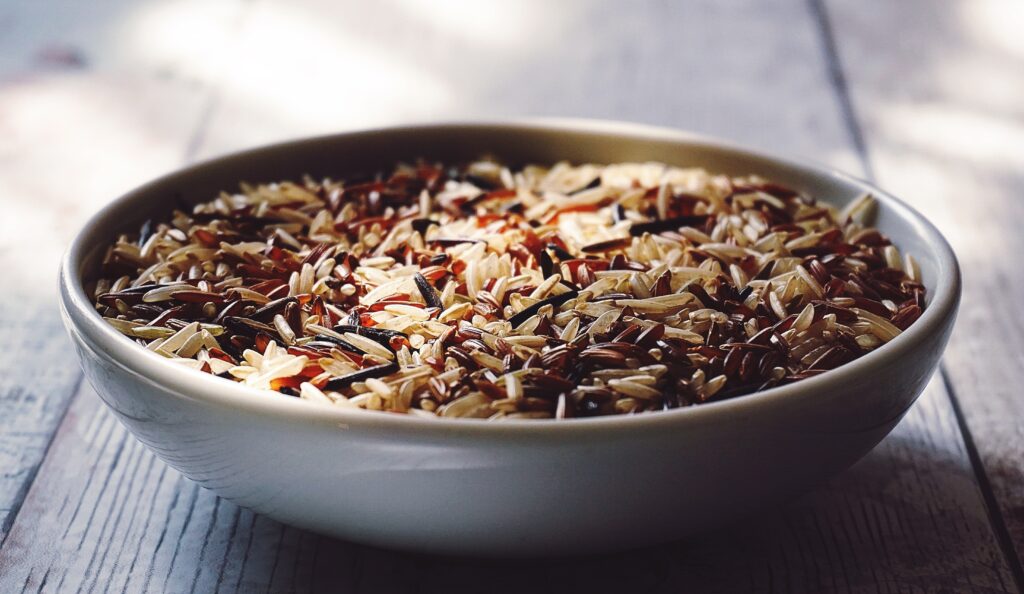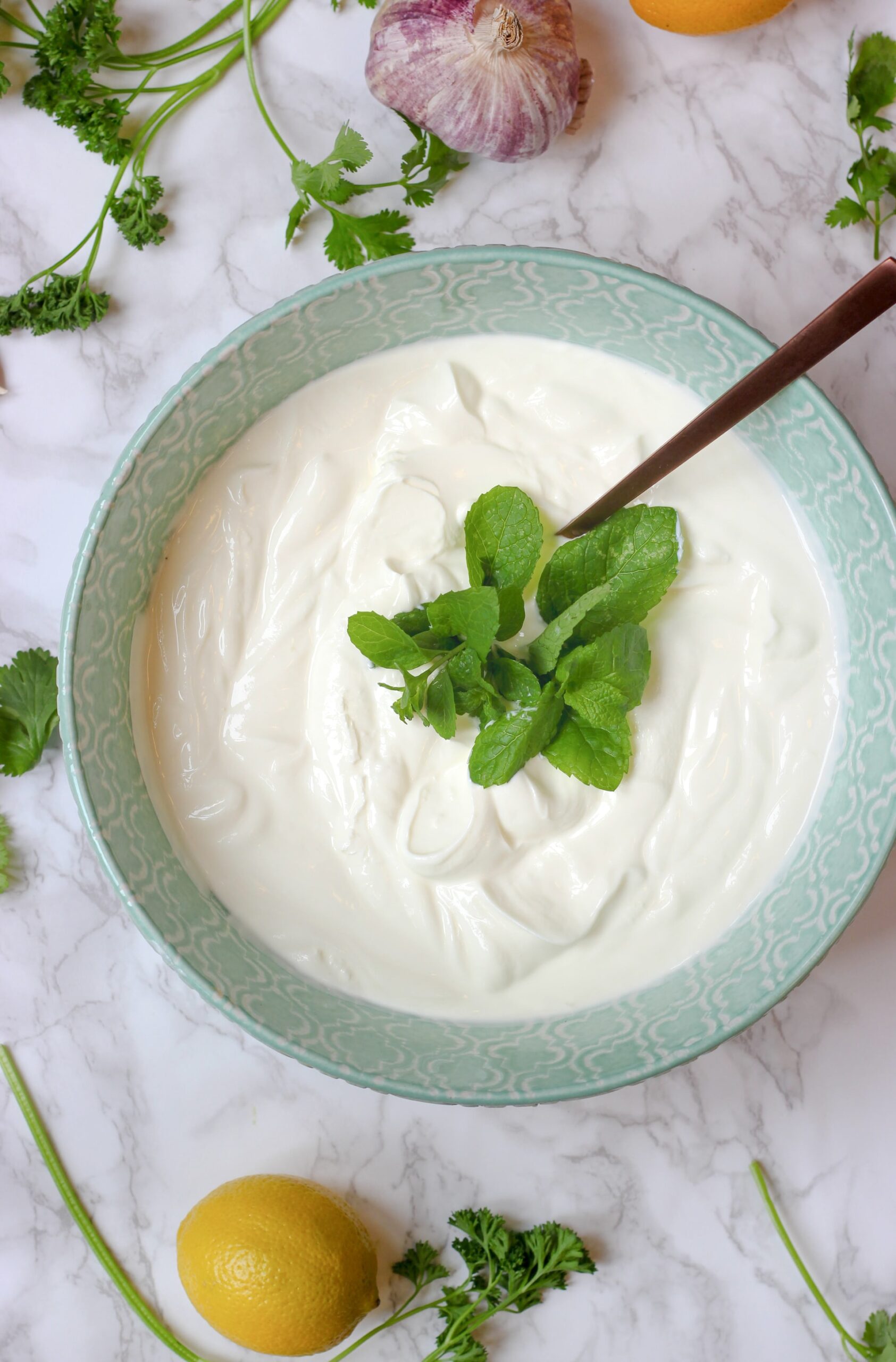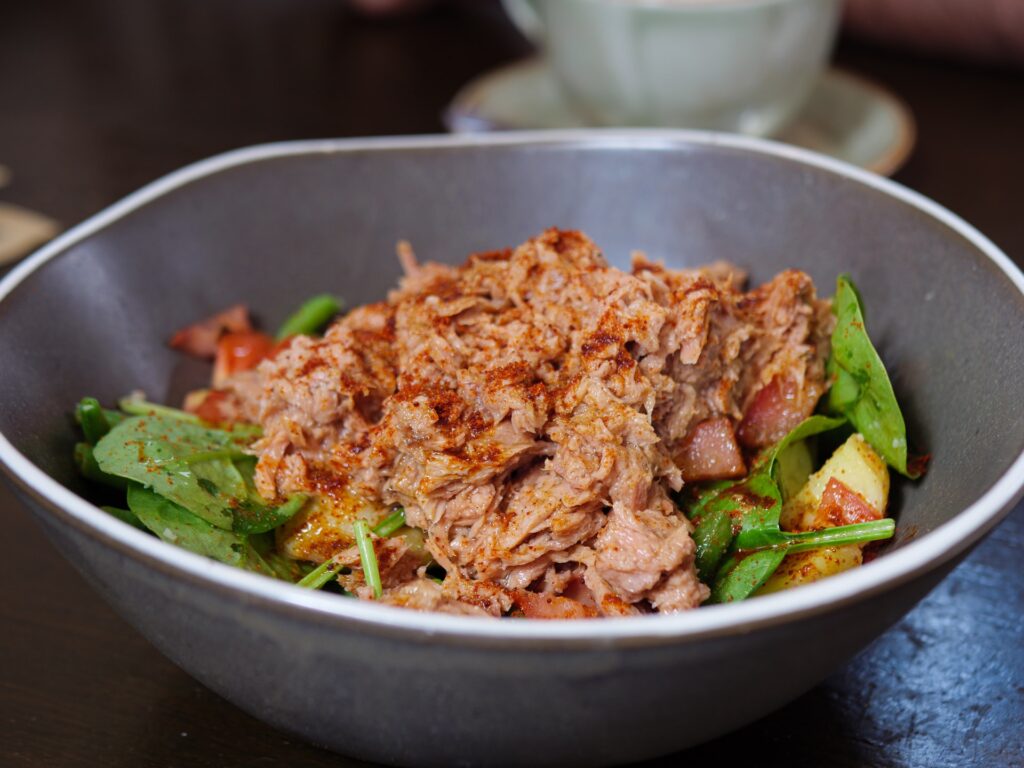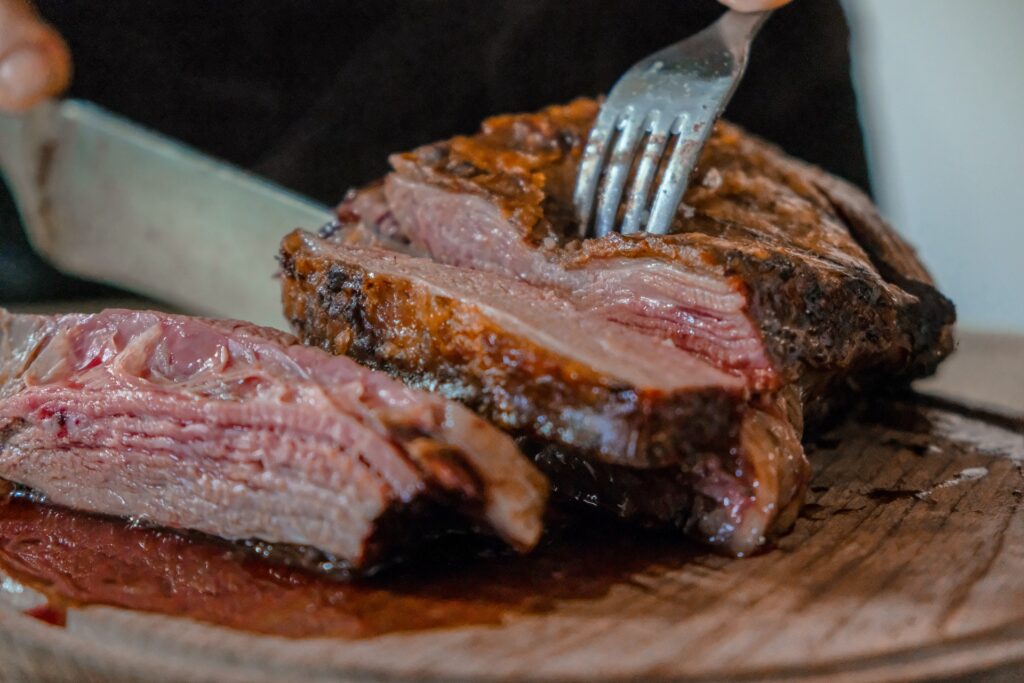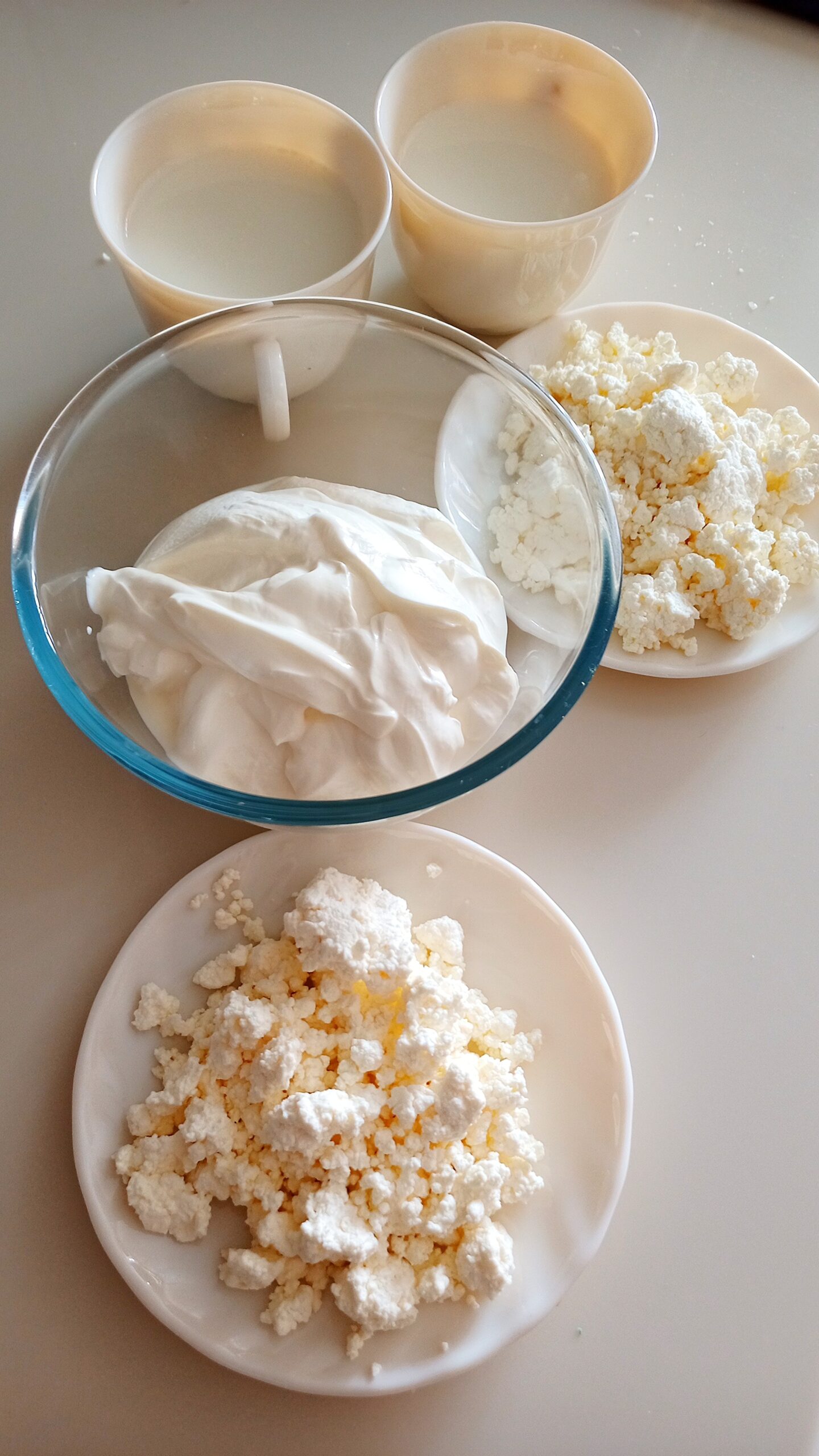Nutrition and sports of all kinds, especially bodybuilding, are critical if you want to gain lean muscle. For starters, it is necessary to challenge your body through physical activity. However, without a proper diet, your progress will be halted. Foods rich in protein are very important for gaining muscle mass promptly, but carbohydrates and fats are also necessary sources of energy.
If your goal is to gain lean muscle, you should focus on exercising on a proper schedule and eating more calories than your body needs each day.
Here are some foods that help build muscle.
Eggs
Eggs contain between 4g to 6gm of high-quality protein in each medium-sized egg, healthy unsaturated fats, and other important nutrients like B vitamins and choline. Proteins are made up of amino acids, and eggs contain large amounts of amino acid lysine, which is especially essential for gaining muscle mass. Also, the B group of vitamins is very important for a variety of basic processes that regulate the body’s nervous system, including the process of energy production.
Salmon
Salmon is a great choice for building muscle and overall health. Each 3-ounce (85-gram) serving of salmon contains approximately 17 grams of protein, about 2 grams of omega-3 fatty acids, and a host of important B vitamins. Omega-3 fatty acids play a key role in muscle health and may increase muscle gain during exercise.
Chicken breast
There is good reason to consider chicken breasts as the favorite food of athletes, especially bodybuilders, in terms of muscle amplification. It’s full of protein, with every 3 ounces (85 grams) containing about 26 grams of high-quality protein. They also contain important amounts of vitamins B niacin and B6, which may be particularly important if you are active. These vitamins contribute to your body working properly during physical activity and exercises necessary to gain optimal muscles. Furthermore, some scientific research has shown that protein-rich diets containing chicken may help lose unwanted fat in the body
Brown rice
Although cooked brown rice provides only 5 grams of protein per cup (195 grams), it contains the carbohydrates you need to fuel your physical activity, making it an important source of pre-workout energy. Keep in mind to eat healthy carbohydrate sources like brown rice or quinoa in the hours before your workout. This may allow you to exercise more vigorously and give you additional momentum to perform optimally during the exercise, providing your body with more incentive to grow your muscles. Furthermore, some research has shown that rice protein supplementation can give as much muscle gain as whey protein during a bodybuilding training program.
Greek Yogurt
Not only do dairy products contain high-quality protein, but they also contain a blend of fast-digesting whey protein and slow-digesting casein protein. Some research has shown that people find increased lean mass when they consume a mixture of fast-digesting and slow-digesting dairy proteins simultaneously. Though, not all dairy products are created equal. For example, Greek yogurt has twice as much protein as regular yogurt. While Greek yogurt is good anytime snack, eating it after a workout or before bed can be beneficial due to its mixture of fast-digesting and slow-digesting proteins that contribute to the rebuilding process of muscle tissue after exercise or during sleep.
Tuna
In addition to the 20 grams of protein per 3-ounce (85-gram) serving, which is a significant amount during a daily protein intake, tuna contains significant amounts of vitamin A and several B vitamins, including B12, and B6. All these nutrients are essential for the best health performance in various body functions and energy, which are metabolism and exercise. Furthermore, tuna provides impressive amounts of omega-3 fatty acids, which may support muscle health. This may be especially important for older People. Research has shown that omega-3 fatty acids can slow the loss of muscle mass and strength that occurs with age, as with age, muscle mass decreases by an estimated 3 to 5%.
Beef
Beef is an essential source of high-quality protein, B vitamins, minerals, and creatine. Some research shows that eating lean red meat can increase the amount of lean mass gained through weight training (18Trusted Source). However, even when you are trying to gain muscle mass during a bodybuilding workout, beef may support muscle gain without providing a lot of extra calories. Case in point, 3 ounces (85 grams) of ground beef that’s 70% low in fat contains 228 calories and 15 grams of high-quality fat. However, the same amount of 95% lean ground beef contains slightly more protein, 145 calories, and 5 grams of fat.
Cottage cheese
One cup (226 grams) of low-fat cottage cheese contains 28 grams of protein, including a hearty dose of an amino acid essential for building muscle. Like other dairy products, you can find cottage cheese with different types of fat. High-fat versions, such as processed cheese, provide more calories than other types of cottage cheese. Choosing the best type of cheese depends on how many extra calories you want to consume in addition to the daily calories in your diet. No matter which type you choose, it’s a great muscle-building snack and a favorite among bodybuilders.
Beans
You can count on many different types of beans as part of your diet to gain lean muscle. In common varieties, such as black beans and kidney beans, we find about 15 grams of protein per cup (about 172 grams) of cooked beans. Moreover, they are excellent sources and are rich in fiber and B vitamins, in addition to being high in magnesium, phosphorous, and iron. For these reasons, beans are a good source of plant-based protein and important addition to your diet. Moreover, beans of all kinds are an important key to long-term disease prevention and overall health.
The milk
Cow or goat’s milk provides a mixture of nutrients. One cup of whole milk contains 8 grams of protein, 12 grams of carbs, and 8 grams of fat. Similar to other dairy products and their derivatives, milk contains an important proportion of fast-digesting and slow-digesting proteins. This is believed to be beneficial for muscle growth.
In fact, several studies have shown that people can increase their muscle mass when they add milk to their weight training either by adding it to pre-workout snacks or to a protein shake that can be consumed before or during a workout.

